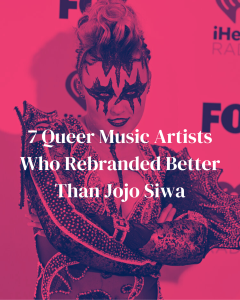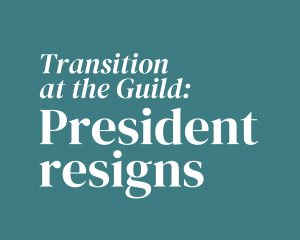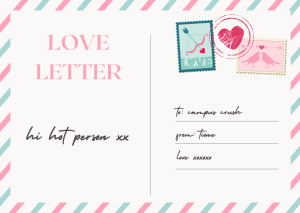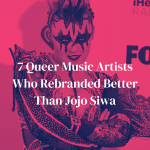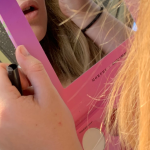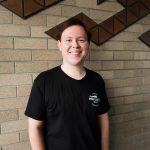
As a part of the QUT Guild’s Wellness Festival, Glass are getting in touch with some of the professionals visiting QUT. Week 3 is financial health week, and will feature Emma Edwards from The Broke Generation. Despite being a ‘natural born spender,’ Emma is now a recovering shopaholic and giving advice to other young people for finance, saving, and investing.
I caught up with Emma to talk about financial health, young people, and Wellness Festival.
Since we’re talking about financial health, what does it mean to be financially fit?
To me, financial fitness is all about awareness, and then aligned action. First we need to get clear on where our finances are at, what’s in our bank accounts, why we spend the way we do, what we think and feel about money, and then use that to make informed decisions about both short term and long term financial goals.
Has the education system failed young people when it comes to financial dexterity?
I think a lot of people agree that we learn a lot of random things in school, and yet there was no time for life skills or financial literacy. Teachers work incredibly hard to deliver curriculum, so I wouldn’t say it’s so much a “failure” by any means, but more an omission in the curriculum that comes from higher up than a school level. I think the unfortunate reality is that for many of us, particularly my generation of millennials, we came out of school without any true understanding of the realities of money in the context of real life.
How did it click for you that you needed to better manage your money?
I always felt that I wasn’t “good with money” because I’m a natural spender, but the real kick up the bum for me was when the first of my friends started buying their first homes. I looked at my own finances and thought, oh my goodness, how are they putting down tens of thousands on deposits, I’ve barely got five hundred bucks to my name.
Are there specific elements of consumerism that trick us into spending more?
Oh 100%, and social media and the internet has only added to that. Growing up online shopping was in its complete infancy, and I didn’t have my own computer. Now, young people have iphones before they’re even ten. All of this tech has allowed big businesses to streamline the purchase process and bump us through the purchase funnel more easily than ever before. We see an ad that’s curated specifically for us, and we can spend money in a few taps, without even getting our wallet.
How does financial optimisation differ from frugality?
To me, frugality skews towards restriction. Always opting for the cheapest and skipping a lot of creature comforts, which has its place in the financial conversation for sure. Short bursts of frugality can get put you years ahead in terms of progress, if you have the appetite for it. But I prefer optimisation because it’s of a long term lifestyle change, where you fit the things you love into your finances.
What can students start doing now to start taking ownership of their finances?
One of the things I wish I’d known is how much impact saving when you’re young can have. Even if you can only spare $10 a week to save, over the long term it will make such a difference. I always thought I’d deal with my finances when I got older, but the earlier you can start stashing just a little bit, the earlier you can enjoy confidence. Having things like emergency savings for unexpected costs can take such a weight off your mind, and if you could save that up while you’re still young, it gives you such a headstart when you go out into full time work.
What will you be doing at the Wellness Festival?
I’ll be delivering a talk on financial wellness and the importance of getting clear on your finances while you’re young. Then, I’ll be hosting a ‘Get to Know Your Money’ workshop afterwards, where participants can learn more about their financial personality, get clear on their spending and learn how to conduct regular reviews of their finances.
You can catch Emma at Wellfest on Tuesday August 10th from 12 – 1PM. More info here.
You can also find her online, here.
